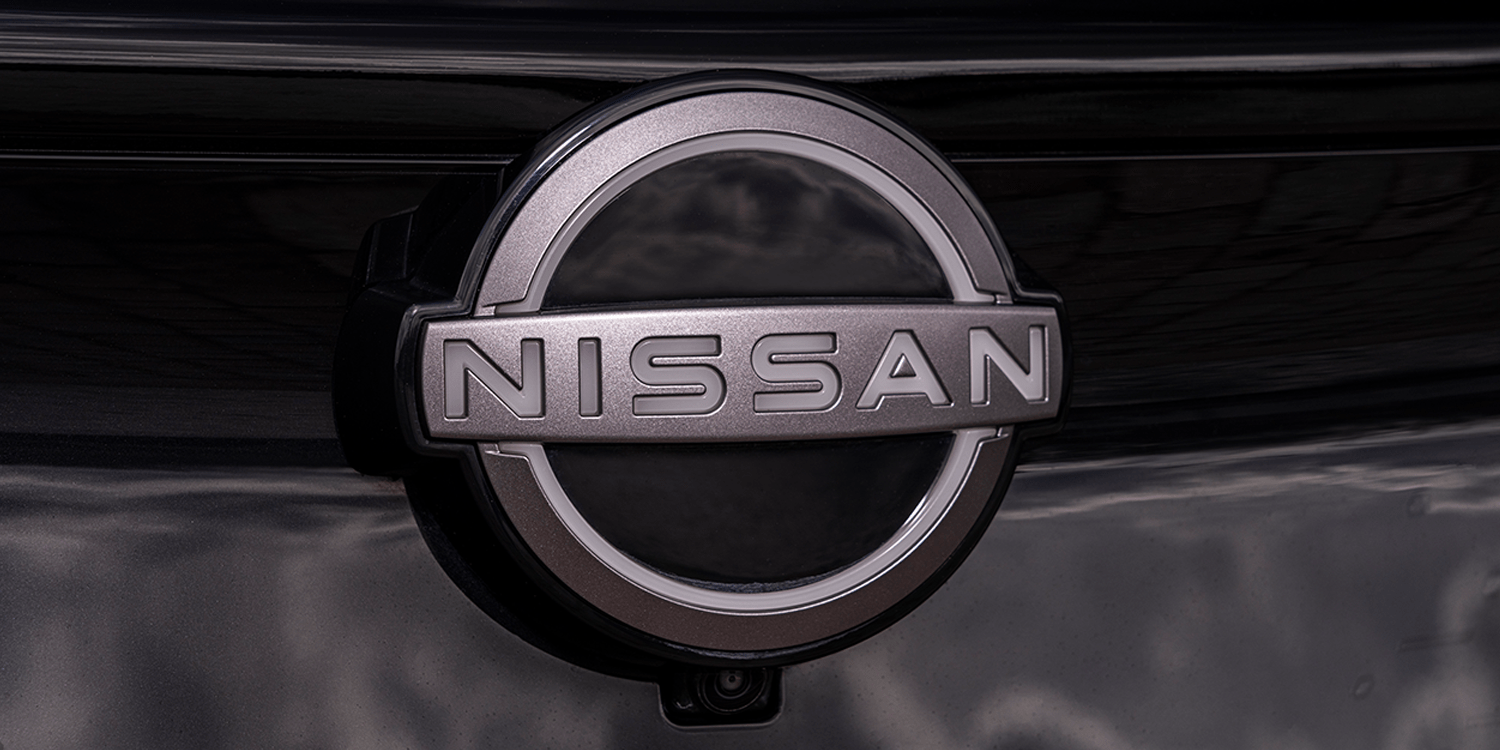Nissan is poised to adopt Tesla’s groundbreaking gigacasting method for manufacturing future electric vehicle (EV) components, echoing the innovation that propelled Tesla’s Model Y into prominence. Gigacasting involves the production of chassis parts through integrated die-casting, forming large aluminum pieces that are subsequently assembled. While this approach streamlines production and slashes costs by minimizing individual components, it necessitates precision to avert potential issues such as warping and cracking.
Despite the challenges, legacy automakers like Nissan are following suit, seeking to leverage gigacasting to revolutionize their EV manufacturing processes. Notably, Volkswagen, Hyundai, Ford, and Toyota have all explored this technique since the Model Y’s debut in 2020.
Nissan’s endeavor aims to drive down the production costs of EVs, aligning their pricing closer to traditional combustion engine vehicles. The company anticipates a 10% reduction in manufacturing expenses through this initiative, a pivotal component of its overarching strategy dubbed “The Arc.” By 2027, Nissan plans to introduce 30 new models, with the ultimate goal of achieving cost parity between combustion and electric vehicles by 2030.
Hideyuki Sakamoto, Nissan’s Executive Vice President for Manufacturing and Supply Chain Management, affirmed the company’s readiness for this transition, stating, “We have been using casting boards for front air conditioner structural parts at our Tochigi plant for more than 10 years.” Sakamoto highlighted Nissan’s extensive experience in casting car structures, laying the groundwork for a seamless integration of gigacasting into their production line.
Among the anticipated additions to Nissan’s lineup are the Xterra, a Nismo variant of the Ariya, and a collaborative effort with Mitsubishi to develop a new pickup truck. Furthermore, Nissan’s recent announcement of an EV partnership with Honda underscores its diversified approach to the electric vehicle market, signaling a departure from purely budget-conscious endeavors.
In a recent development, Nissan disclosed the construction of a new all-solid-state battery pilot line, with plans to integrate these advanced batteries into road cars by 2028. Additionally, the discovery of four new trademarks hints at Nissan’s ambitious plans for future concepts, with names like Evo, Epic, and Era suggesting a departure from conventional family-oriented vehicles.

